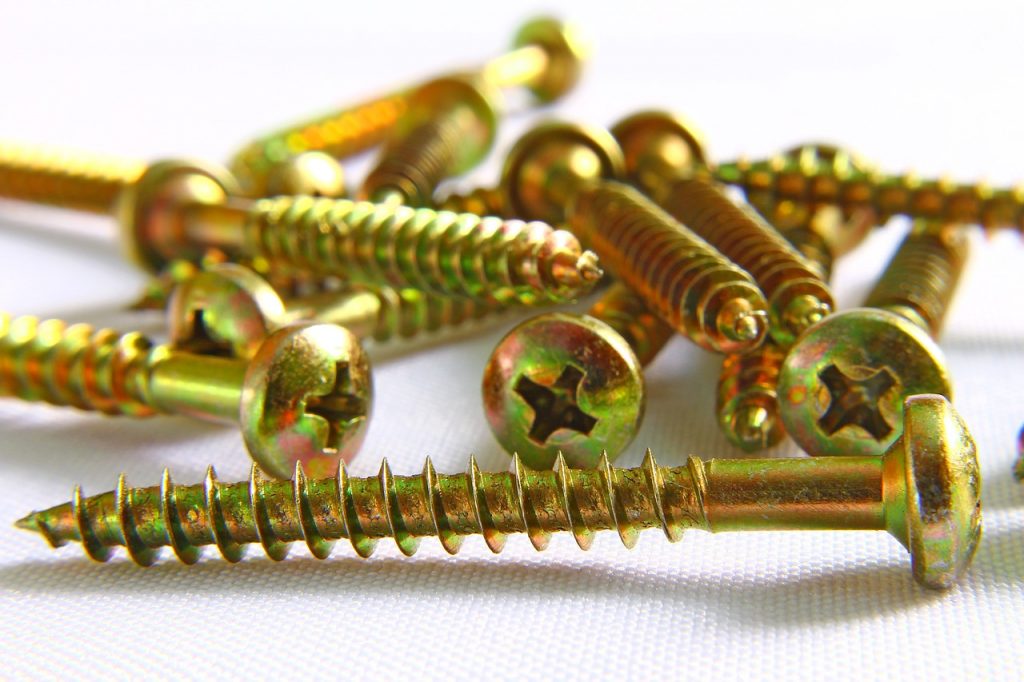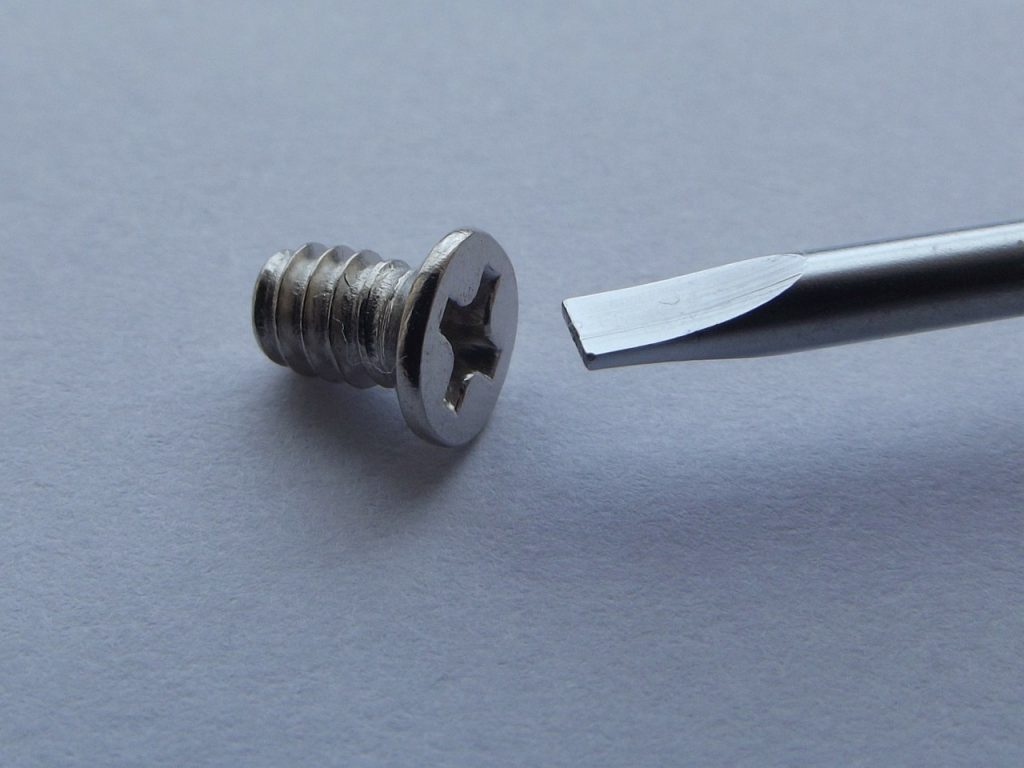Sponsored article
When using fasteners such as screws, there are many things that tend to affect the performance of the joint. One of the most important technical issues is how tight the fastener was made. In most cases, the degree of tightening affects how well the fastener is seated.
When tightening bolts or other types of fasteners such as hex head screws, etc. etc., there are a few rules that are sure to come in handy. One of them is that you should aim to tighten the fastener within the limits of the fastener, not beyond those limits. For example, if a fastener is designed to withstand 900 Nm of torque, it would be unwise to tighten it tighter than that. This would leave you with little strength to handle external loads. In such cases, you may find that the fastener will break under even the slightest force, even though you have tightened it well.
In addition to using the right technique to make the final product efficient and durable, you need to get high quality fasteners. There are plenty of manufacturers on the market that offer these, but one worth noting is Kristal. This manufacturer of keyways and other products will provide every professional and DIY enthusiast with solid equipment that will be a pleasure to work with.

But back to the technique discussed above – this means that when tightening a bolt or other type of fastener, such as pins, which are available at https://www.kristal.net.pl/sworznie, you should not approach the product’s yield levels. Most torque wrenches provide readings within +/- 25% of the actual torque, which means it is very easy to exceed the limits even if the torque wrench is giving the correct reading.
The margins of error generated by most torque wrenches or even tightening by feel are unacceptable in some settings. For example, if you are fastening scientific equipment that is very sensitive, you may be able to do so with minimal error. In these cases, you’ll need to use more advanced methods to verify that the fastener is seated sufficiently. This includes using ultrasonic bolt length detection. It is also possible to drill a hole in the center of the fastener and attach strain gauges to it. This will give you a very high accuracy measurement of fastener tightening.
Not in all cases will you need to tighten a bolt as much as possible. In some cases, other factors will affect this. For example, if you need an exact amount of force between the two materials being tightened, it may be possible to achieve this without completely tightening the bolts and screws. Therefore, you must consider not only the physical limitations of the fasteners, but also the design specifications of the material you are working with.

When all is said and done, we come to the conclusion that the degree to which you should tighten a screw should not be chosen arbitrarily. If you want your fasteners to work well, you need to consider all of the above tips.